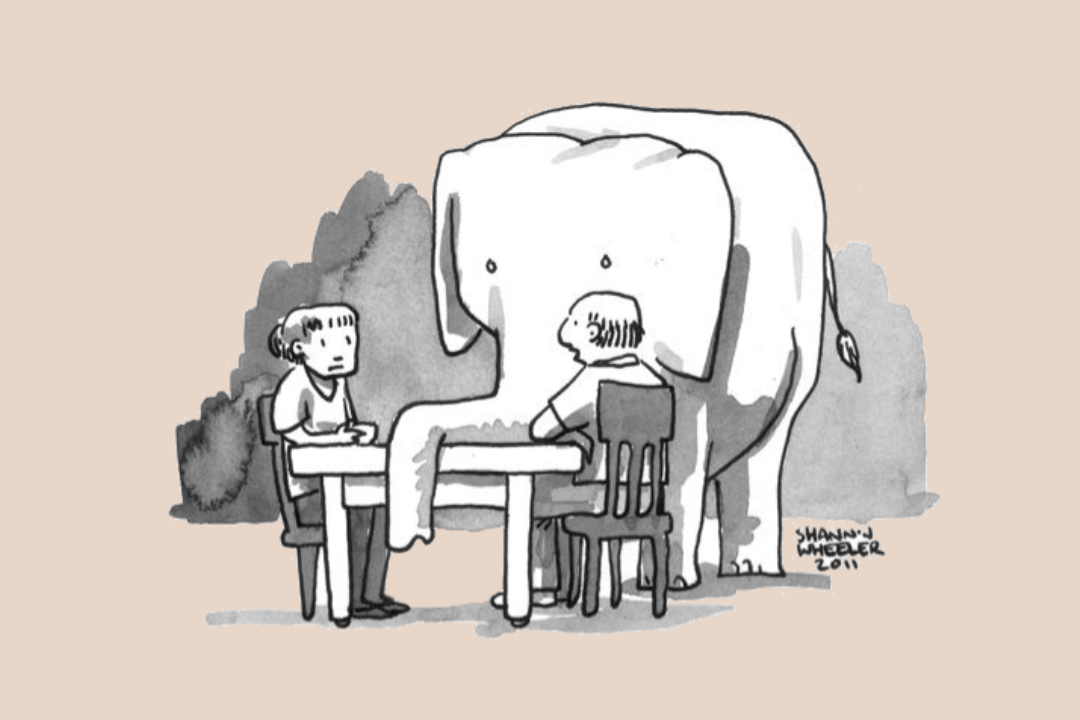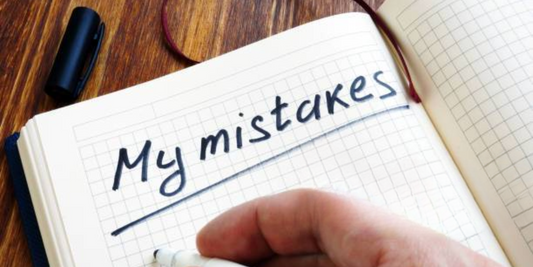Today I find the word communication being thrown around a lot. Especially when it comes to close relationships. Do I believe it's important .. yes? Is it always effective … maybe? Let me try and help you understand where I am coming from.
Communication, especially when it comes to expression, is extremely important; I 100% believe that no one can read your mind. Sometimes when we try to communicate our needs, it helps us express and understand ourselves better and even have clarity of what is happening. Hence, as a strong believer in therapy, it helps in expressing yourselves, which takes it one step further from just communicating your needs. It helps to not just understand your needs but the importance of vocalising it and getting to that space of clarity. So for the sake of distinction, communication is acknowledging that yes, there is a need; but expression gives you the clarity of why the need is there to begin with.
I hope I haven’t lost y'all yet.
Conversations are a great space to express and communicate. It opens up the possibility of listening and being heard. The dilemma for me starts when there is just communication. Stating your needs in a conversation can become very restrictive; it might leave the other person with facts rather than open them up for a discussion. Conversations, in my experience, work best when there is vulnerability, when there is a strong reciprocity from everyone involved. It helps bring involvement. But what if the conversation is just about communicating? It leaves things less ambiguous but sometimes more confusing. So now, ‘needs’ turn to problems. With vulnerability comes personal involvement and depth.
importance of vulnerability in communication
The other part of things is when it leaves the other person with no real thought. Because facts have been placed on the table, now we need to skirt around them so we don’t dismiss them. It turns into a classic Catch-22 situation when skirting turns to invalidating or straight up comes across as ignoring the act of communicating. It can come across where you are talking at someone, who at this point, might seem like a wall. And that can leave everyone feeling a lot more unsettled than before.
When talking to someone who you are trying to help, get them to understand what your needs are. Maybe stating more than your needs might be necessary. Like what those needs actually mean for you. Conversations, while expressing, are more vulnerable, for sure, but it’s also a space where you take more accountability for yourself.
When we express the importance of our needs, we by default, validate them. The shift might come from our intention of communicating our needs for the other person to understand us, to an intention of expressing ourselves and sharing a vulnerable part of ourselves in a comfortable space. This sounds like I am on a romanticised journey of expression, but plbear with me.
Intention of vulnerability in communication might be necessary to set. As it determines our expectations of the conversation. If our intention is for the other person to understand us by stating facts, things might be left unsaid. Hence, when we have an intention to express, it becomes less about the other person and more about meeting our needs. The accountability stays with you, rather than thrown on to the other person.
Though this might sound great, it is very conflicting when our expressions are dismissed. Ever had a conversation which ends with ‘your right’, ‘let’s see’, and the likes? Though it might sound validating, it could leave us feeling unresolved or patronised. Why is that, you might think? It could be because there is no right and wrong with expression. It’s always a personal element that can’t be judged or open to judgement. However, the frustration is real.
So, I do think it's necessary to communicate when it's more about expression. But… sometimes it may not be the best idea. And that is okay too, that doesn't have to mean you have to stop expressing yourself. Maybe we can take it up a notch in terms of reading the room. Few things that may help doing that would be:
How many times have I expressed myself and gotten the same response?
Is the person receptive to having the conversation?
If I don’t get the response I want from the conversation, what does that mean for me?
These definitely in my experience, helped me understand my intentions, motivations and even meet my own needs on some level. It just takes some levelling up beyond just communication.
importance of vulnerability in communication





